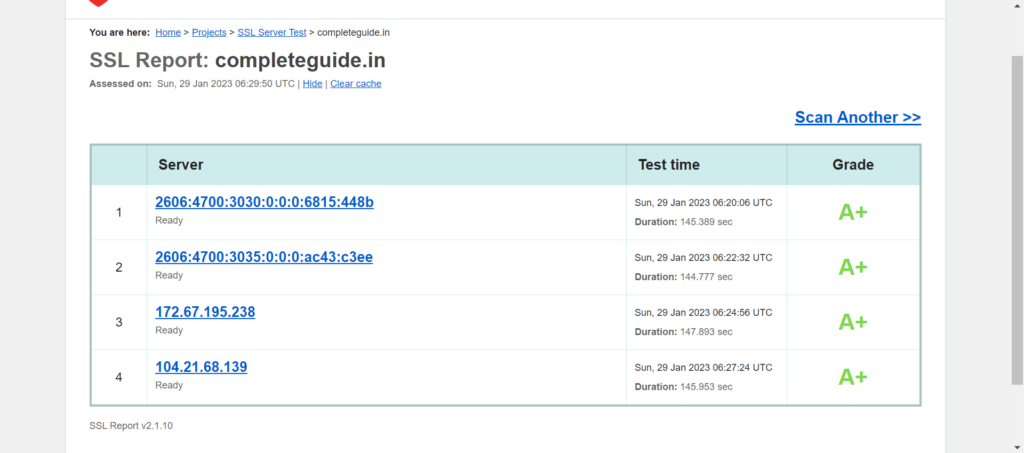The central secretariat is the admin complex and nodal agency of PF comprising all ministries/departments. Works on the basis of tenure and split system. Politically it is headed by the respective minister and administratively by a secretary.
Split System
Segregation of Policy formulation or PF and Policy implementation or PI between HQ and field agencies. It is believed that PF should be separated from PI since it requires a different mindset. 2nd ARC administrative reforms commission PF requires a broader perspective conceptual understanding and domain expertise, while PI requires in-depth knowledge and managerial skills.
Advantages
- HQ can take a holistic objective perspective and make a dispassionate assessment.
- Policy uniformity and consistency
- Consider intersectoral implications
- Consult the concerned department – Finance and Law
- If the field agencies are made solely responsible for PF, it may lead to ad hocism. Create confusion when the field officer is transferred, changed or moved on
- The policy will become a weathercock while HQ can bring in greater performance
But the split system should not be looked at in an isolated manner, need to bring field perspective to HQ concerned, and give flexibility and operational autonomy to field agencies to adapt to local conditions also HQ is not expected to interfere in day-to-day operations i.e it should not do micromanagement. Along with the split system, the tenure system becomes necessary.
Tenure System
Mobility of officials between field and HQ i.e between state and centre i.e AIS after serving in the field and in state secretariat comes to the central secretariat and then either goes back to states or continues to rise up in the central secretariat. For the past few years, IAS probationers will get attached to different central ministries and departments in their initial training period so as to gain perspective and insights on policy formulation at the beginning stage itself.
Advantages
- Helps both centre and state talent sharing
- Promotes cooperative and collaborative federalism
- Generates a national outlook among public functionaries – transcends parochial boundary and contributes to national integration
- When posted to HQ, they gain knowledge of policy formulation which helps them when they go back to the state and assume greater responsibilities
- It brings field perspective ground realities to HQ which tends to suffer from a lack of time and place knowledge leading to armchair policy formation (making policies at HQ without understanding local needs and variations – one size fits all approach)
- HQ postings increase civil services morale since they carry greater perks, privileges and proximity to the political executive.
Disadvantages
- This may result in an office-dominated admin instead of an officer influencing office procedure, the converse happens procedure becomes sacrosanct and he becomes a procedure worshiper.
- Does not ensure specialisation.
- Some officials may be interested in their field stay while others may want to migrate to the centre. The tenure system does not operate strictly on a rotation basis.
- States also complain about the name of the tenure system, the centre takes away the competent and leaves the residue behind.
- Many officials become birds of passage with divided loyalties between the centre and state or no loyalties.
Structure of central secretariat
The secretariat at fort Williams, Calcutta was designed to function during the company and crown’s period for furnishing information for PF and PI and carrying out orders. Corn Wallis, Wellesley, and Curzon contributed to organising the secretariat on more scientific lines. Today secretariat is an admin complex. The nodal agency of PF comprising of all ministries and departments. Politically it is headed by the respective minister and administratively by a secretary.
Functions
- Staff role – A3
- Secretariat support for the political executive
- Make, modify or evaluate policies
- Draft rules, regulations, amendments, bills …etc
- Undertake sectoral planning, POSDCoRB, HRM
- Securing admin, and financial approvals from competent authorities
- Monitor PI by field agencies
- Do PE – policy evaluation based on feedback
- Initiate measures to develop greater competence in HQ and field
- Deliberate and undertake scrutiny in consultation with other ministries and department
- Assist minister in charge in discharging his duties w.r.t parliamentary responsibilities – Q & A reply statements, assurances, resolutions, motions…etc
- It is a think tank, organisational memory, MIS, and keeps all the surveys, reports, committee findings, investigations….etc
Strengths
- Time-tested systems evolved from company rule to crown rule to the present day.
- The rule-based procedure is driven
- Ensures stability during normal times and crises – smooth transfer of power from one elected government to another
- Committed to political neutrality prevented the politicization of government services and policies
- Wherever essential structural innovations like autonomous bodies like empowered commissions have come up
- The link between PF and PI through the tenure system
Weakness
- Structural, Operational, Personnel
- Structural
- oversized, bloated bureaucracy, top-heavy
- Undue emphasis on routine function leads to national priorities not getting the due attention
- Functions which are best carried out by other agencies or can easily be outsourced or continued to be retained by the centre
- Fragmentation of function – general trend is to divide and subdivide – Less E3, the law of diminishing marginal utility
- The proliferation of ministries and departments with weak integration and coordination ( no convergence, duplication, or silos)
- Extended hierarchy with too many levels causing delays and diffused accountability. Everyone’s responsibility is no one’s responsibility
- Operational
- Many levels don’t contribute to decision-making or add value – ideally as per the manual of office procedure files are to be declared in 3 levels only (originate, initiate and decide).
- However, the tendency is to involve everyone – No management by exception – Risk avoidance.
- Weberian dysfunctions, goal displacement, self-aggrandisement, trained incapacity, status quo, elitist, emphasis is on consultation
- Movement of files becomes a substitute for decision making leading to delays inefficiencies, and red-tapism(avoidable delay) except for some committees and boards, there is a lack of a culture of delegation and no principle of subsidiary. (if you can delegate you should delegate)
Management observation w.r.t bureaucracy working
- Work expands to the max time available
- Officials multiply sub-ordinates and not rivals
- Eventually, everyone rises to his maximum level of incompetence
- Officials create work for each other
- Trivial issues get sorted out – vital issues remain
- Pareto principle – 20/80 – 80% of work done by 20% of people
Personnel Weakness
- Carrier stagnation at lower levels
- No effective performance appraisal system
- Lack of leadership morale, motivation, capacity building
Solutions by ARC
- The centre should exclusively focus on defence, IR, Justice, ROL, and Human development through access to good quality education and health
- Infrastructure
- Sustainable natural resource management
- Social security
- Social Justice
- Macro-Economic Management
- Only National economic planning w.r.t other sectors centre should adopt the principle of subsidiarity
Advantages of subsidiarity – also advantage of decentralisation, LSG, PRI
- Increase E3
- SMART
- Management by exception
- Stakeholders mentality
- A better understanding of local issues – no remote sensing
- Local finality – local problems get solved at local levels
- Citizen-centric admin – Focus shifts from process to performance. Not only do things right but also do the right things.
Other Reforms
- Downsize / right size
- Redeploy, and retrain surplus staff after manpower planning
- Generalise the specialist and specialise the generalist
- Outsource non-core activities
- Use ICT – Info, Communication, tech – E-Governance and M-Governance
- Delegate, decentralise and give autonomy
- Expose personnel best management practices
- Single window clearance
- RTI and RTS
Chief Secretary – Crisis Management
- Coordination, monitoring, heads crisis management group at the state level.
- In case of man-made crises – L&O, riots, LMN – deal with them fundamentally and not just symptomatically.
- Address the root cause through development, and good governance and bring them into mainstream
- Looks at inter-state disputes and conflicts – can take a long-term and more objective view – make use of their position and being a part of AIS use tact diplomacy in resolving outstanding issues.

